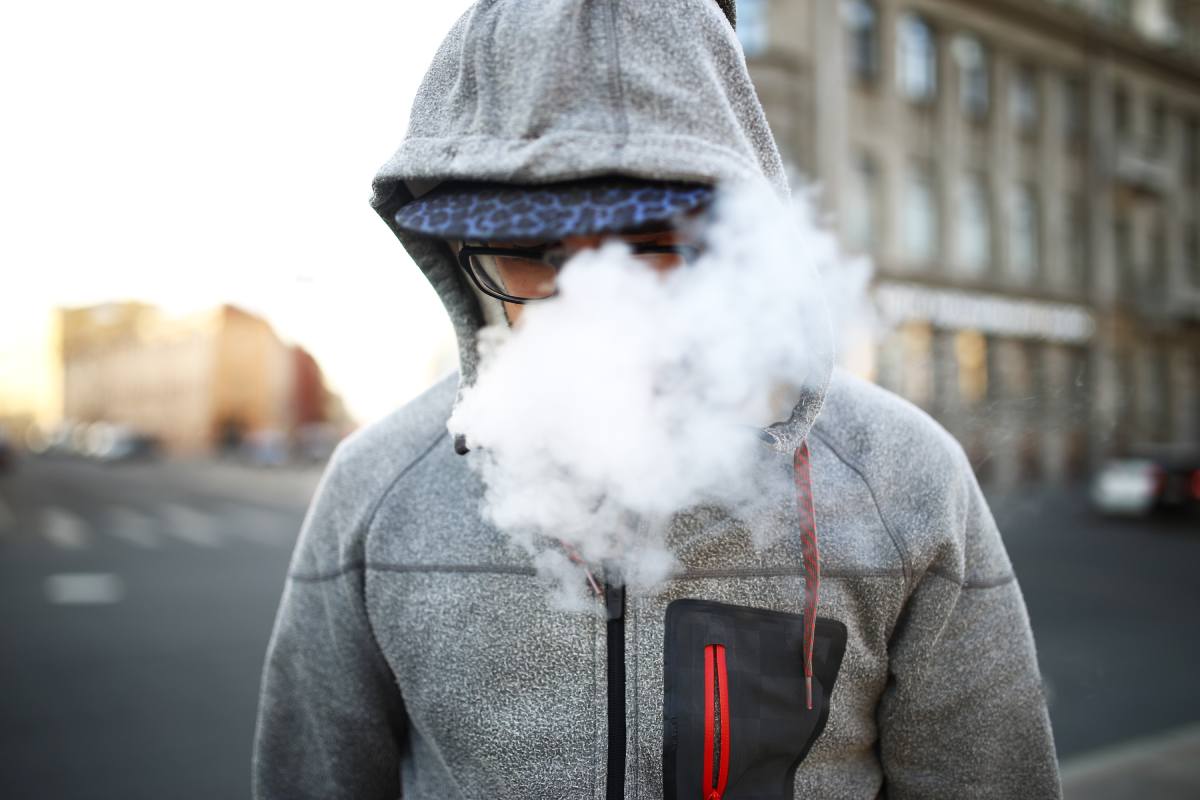

 Nicotine addiction and gambling addiction are often intertwined, and those addicted may share common vulnerabilities such as impulsivity, sensation-seeking behavior, and difficulty regulating emotions. Addressing and treating these shared vulnerabilities simultaneously can improve treatment outcomes and reduce the risk of relapse.
Nicotine addiction and gambling addiction are often intertwined, and those addicted may share common vulnerabilities such as impulsivity, sensation-seeking behavior, and difficulty regulating emotions. Addressing and treating these shared vulnerabilities simultaneously can improve treatment outcomes and reduce the risk of relapse.
Engaging in one addictive behavior, such as smoking or gambling, can increase the likelihood of developing other addictive behaviors. Nicotine addiction and gambling addiction may co-occur in individuals who seek out multiple sources of pleasure or stimulation to satisfy their cravings. Treating both addictions simultaneously can help prevent cross-addiction and promote overall recovery.
Like gambling, nicotine activates the brain’s reward system, releasing dopamine, the neurotransmitter associated with feelings of pleasure and reinforcement. Some people experience cravings for nicotine or gambling as a result of the dopamine release, so treating both addictions together makes sense to address the underlying mechanisms that drive the addictive behaviors.
Both nicotine addiction and gambling addiction are ineffective coping mechanisms often used to reduce stress, anxiety, or depression. Smoking or gambling are considered ineffective because, although they temporarily alleviate negative emotions or serve as way to avoid life’s challenges, they cause more problems than they resolve in the long term. When we address the underlying emotional issues that accompany addiction treatment, we improve the likelihood of truly feeling better and seeing genuine overall improvements.
Many treatment programs take into account how nicotine addiction and gambling addiction are intertwined and create an integrated treatment plan that addresses both simultaneously. These approaches may include behavioral therapies, cognitive behavioral interventions, medication-assisted treatment, and holistic approaches to address the physical, psychological, and emotional aspects of addiction.
It’s important that if someone suffers from both nicotine addiction and gambling addiction they receive comprehensive care that addresses the complex interplay between these challenging behaviors. Integrated treatment can help them develop healthier coping strategies, improve impulse control, and gain control over their nicotine and gambling habits.